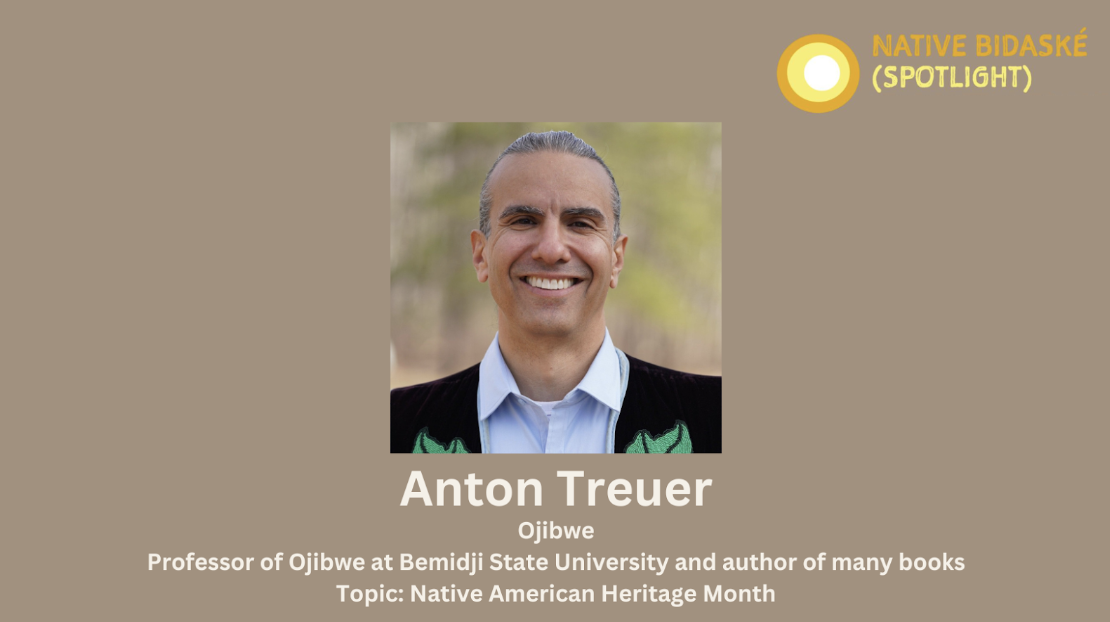Roland Fryer, professor of economics at Harvard, has this article in the WSJ with the above title. The subtitle is “Scholars need incentives to tell the truth, not to hide it and promote socially acceptable ideas.”
Both academic journals and campus discussions are cramped by the mandate to conform to the political and social ideas that are presently dominant in academia.
A decade ago, I still interacted with dozens of undergraduates and doctoral students who were asking important and provocative questions about race and sex in America. But now students invite me to lunch and ask if their research idea is too risky; they wonder out loud what they are allowed to “say in public,” as though they are in the situation room discussing nuclear launch strategy rather than pondering the economics of policing in an overpriced cafe.
Some are turning to an app called Sidechat, where they can frankly debate others in the Harvard community without revealing their names. It’s good that these conversations are happening somewhere; it’s distressing that they require a veil of anonymity.
Distressing indeed.
The issue affects research in economics, hardly known for its far-left politics. When I used artificial intelligence to evaluate all the race- and sex-related papers published in the top six econ journals since 2006, asking the algorithm to score how liberal or conservative the conclusions leaned, I found a more than 2-to-1 leftward tilt overall.
In other fields it is worse. Criminology is a sub-specialty of sociology. While college faculties are generally left-wing, the sociology department is typically the flashing red light on the left wing tip. Fryer gives a couple of examples where the two fields cross:
Realistically, either journal editors are refusing to publish controversial results, or academics are too cowardly even to do the research. One notable exception—a recent American Economic Review paper finding that children’s academic outcomes improve when parents are incarcerated—met with censorious derision from others in the field on social media. My own work on race and policing, which was published in a top peer-reviewed journal in economics, was labeled “hate speech” by (pre-Elon Musk) Twitter.
That is appalling yet not surprising. But what to do about it?
First, we need to take a careful look at how we hire and promote faculty. Instead of having them sign statements swearing fealty to DEI, perhaps they should promise to tell the truth. Second, we need high-powered incentives for people who are correct regardless of politics…. We need something like the MacArthur Fellowship or the X Prize for telling the truth about data.
But somebody has to judge what is truth, and the Orwellian machinery of the woke establishment is highly skilled at warping the truth, as Fryer’s examples show.
There are no easy answers, but America needs to work on finding effective answers, no matter how hard they may be. The present situation is disastrous for research, for scholarship, and for the education of the next generation.





